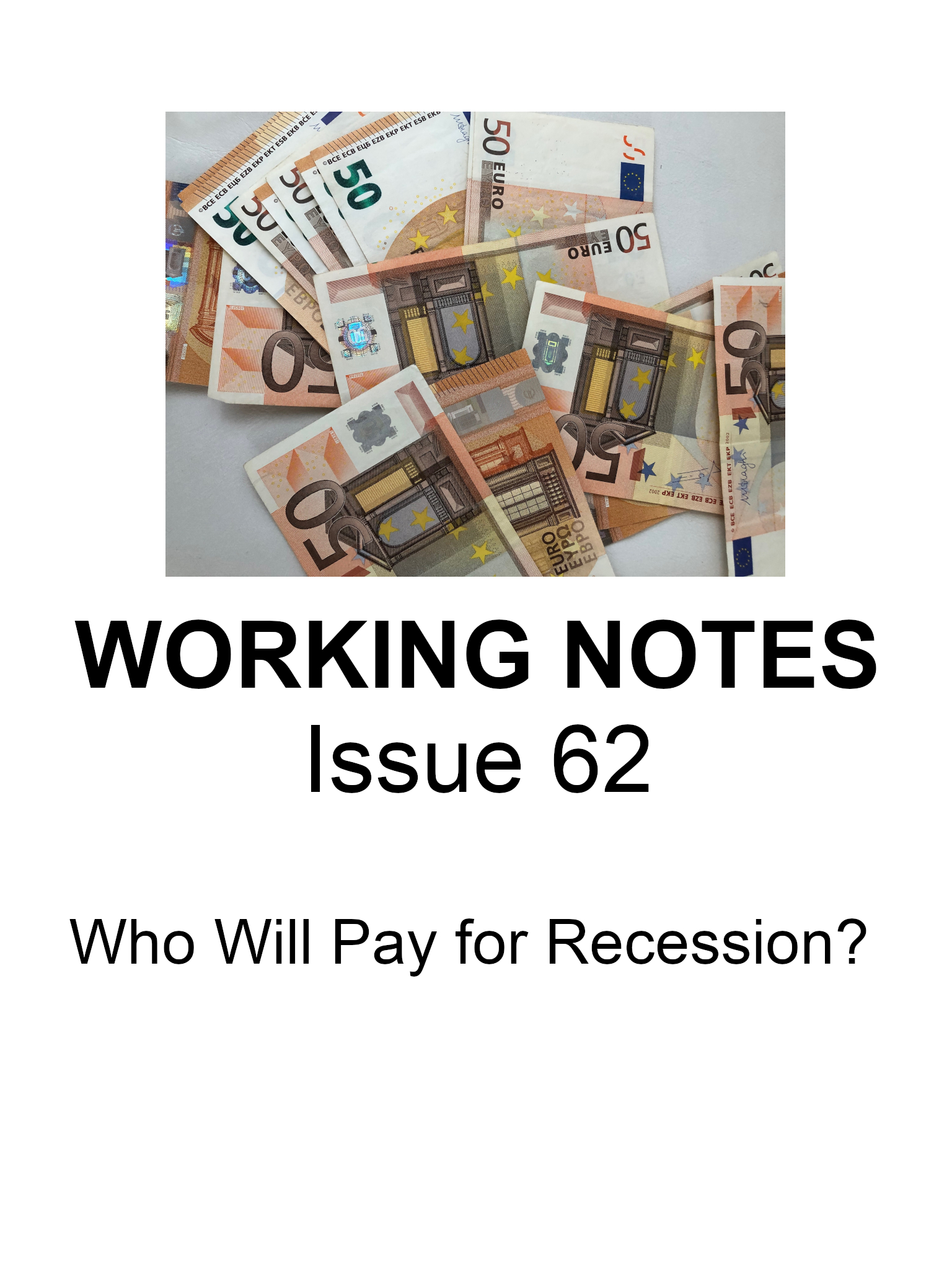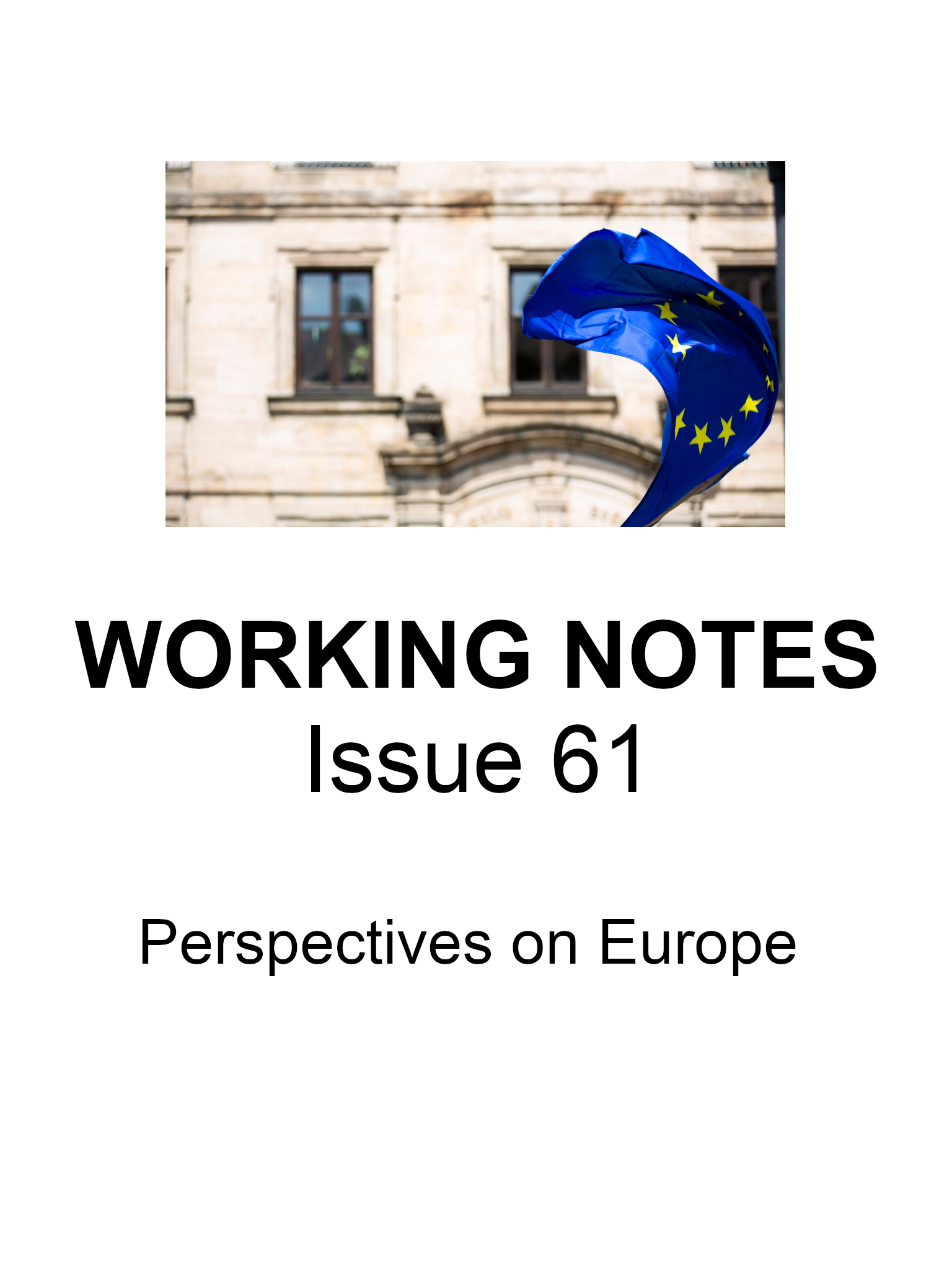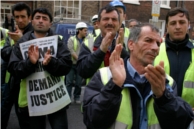
The Challenges Facing the Church in Ireland in the Aftermath of the Ryan Report
The mission of the Church in every age and context is to proclaim the Good News of Jesus Christ. The Church always needs to be prepared to read ‘the signs of the times’ and to enquire how it can renew itself to be faithful to that mission. The Ryan Report published in May 2009, the Ferns Report published in 2005, and undoubtedly the issues which will emerge from the report into sexual abuse in the Archdiocese of Dublin, raise very serious challenges for the whole People of God in Ireland now and in the immediate future.






